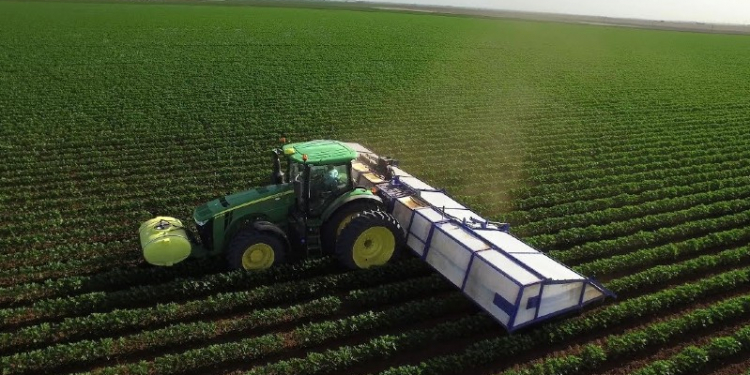In the same way virtual assistants help us discover our next favorite song, a new software package has used advanced machine learning to help farmers and agronomists pinpoint what their crops and soils need to boost yield in a sustainable way, according to this article published by AGDaily.
The scientific teams of Bayer Crop Science and Biome Makers tested and disclosed the first application of this groundbreaking technology on bioRxiv. The study and resulting scientific paper details the analysis of the soil microbiome to assess effectiveness of Bayer’s biological fungicide Minuet. Specifically, machine learning software allowed Bayer CS to predict potato yield improvement before application of the input. The predicted result was a yield bump of up to 40% in one of the fields tested in Idaho.
“It’s a unique approach to utilize soil biology and optimize the use of crop inputs moving forward towards sustainable and economically favorable solutions to improve crop productivity,” said Varghese Thomas the project leader at Bayer CS.
This technology is a giant leap forward for agronomist who, up until now, have lacked the data required to accurately determine biological solutions for their seasonal soil and crop decisions. Soil is a valuable asset to increase crop yield and quality, but as it currently stands, agronomic recommendations are based on little knowledge of the biological processes occurring in it. But today, with the availability of an AI virtual assistant to help predict the effect of different solutions is game-changing, and progress towards a more productive and sustainable agriculture system.
AI is an ever-evolving resource and, as such, is currently being “trained” to resolve other farming concerns as well, including questions about produce shelf-life, nutrient quality of the produce, and projected carbon credits based on the use of different products or management practices. Input manufacturers can add their own, custom solution to the AI recommendation system by testing it under the strict Gheom field trials protocol.







